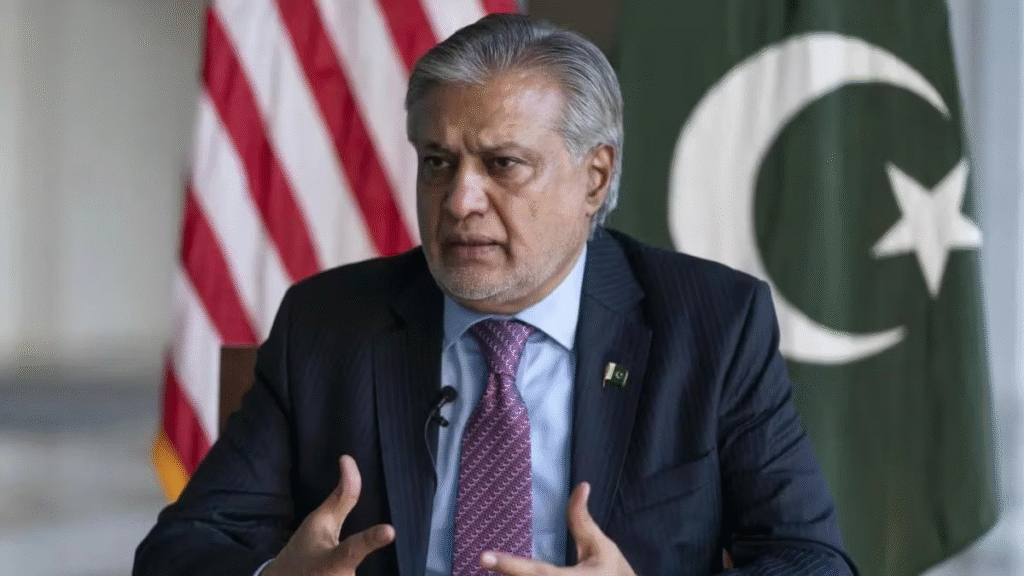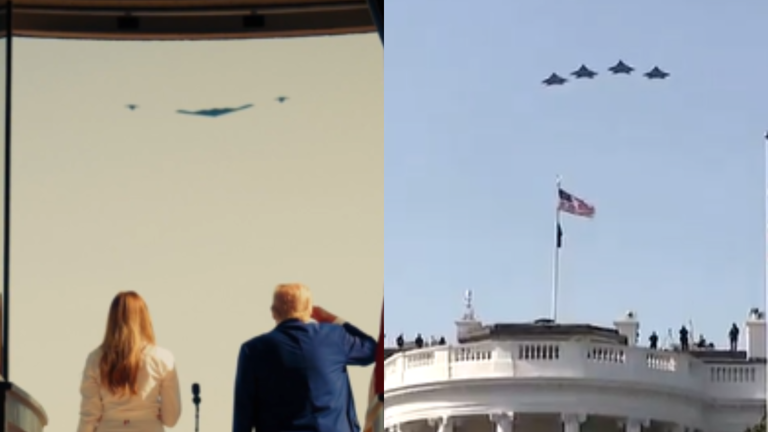Pakistan’s Deputy PM Admits Indian Strikes on Nur Khan and Shorkot Bases During Operation Sindoor
In a stunning revelation that vindicates India’s defense narrative, Pakistan’s Deputy Prime Minister Ishaq Dar has publicly confirmed that Indian forces carried out precision strikes on key Pakistani airbases—Nur Khan in Rawalpindi and Shorkot—during Operation Sindoor. The admission marks a dramatic shift from Pakistan’s previous denials, and underscores the calculated and bold military posture adopted by India in response to rising cross-border terrorism.
This development comes just days after India retaliated to the Pahalgam terror attack—where 26 civilians lost their lives—with targeted air operations. The strikes, conducted on the night of May 6–7, were initially limited to terror infrastructure, but escalated following Pakistan’s response. Dar’s confession not only shatters Islamabad’s official narrative but also confirms the operational success and strategic depth of India’s covert operations.
Pakistan’s Narrative Collapses: Ishaq Dar’s Revelation Validates India’s Airstrike Strategy
In a television interview that has gone viral, Ishaq Dar inadvertently lifted the veil on Pakistan’s desperate backchannel diplomacy and the actual scale of Indian airstrikes. He confirmed that India struck two operational airbases—Nur Khan and Shorkot—undermining months of Pakistani military denials.
Pak has admitted: India hit Nur Khan Airbase, Shorkot Airbase and Murid Airbase from their jets
— Rahul Shivshankar (@RShivshankar) May 10, 2025
*DG ISPR pic.twitter.com/cueHlXUmxq
This isn’t the first time such an acknowledgment has come from Pakistan’s top leadership. Previously, Prime Minister Shehbaz Sharif had made a vague reference to BrahMos missile hits, but the specifics were always obfuscated. Dar’s statement is the first clear official confirmation that Pakistan’s military assets were indeed compromised.
Defense analyst Abhishek Kapoor clarified that the first wave of strikes on May 6–7 targeted terrorist hubs in Bahawalpur, Muridke, and Muzaffarabad. However, when Pakistan tried to retaliate, India responded by targeting military installations on May 9–10—specifically Nur Khan and Shorkot airbases. This layered and measured escalation reinforces India’s position as a responsible power responding to terrorism, not a warmonger.
The strikes had another effect—immobilizing parts of Pakistan’s Air Force, leaving its credibility dented. Despite the magnitude, Pakistan’s leadership resorted to damage control, fearing both internal backlash and international scrutiny. But Dar’s confession has blown that cover wide open.
Operation Sindoor and Pakistan’s Diplomatic Desperation: A Game of Survival
Perhaps more revealing than the strike itself was the diplomatic chaos inside Pakistan. Dar’s statements expose how Islamabad frantically tried to “buy peace” after the strikes. From reaching out to Indian Foreign Minister S. Jaishankar to dialing up influential global players like Saudi Prince Faisal and Senator Barack Rubio, Pakistan was scrambling to avoid further escalation.
This paints a clear picture: Pakistan knew it was cornered. The terror safe havens that had long operated under state protection were now exposed to Indian precision targeting. For India, this wasn’t just about revenge—it was about changing the rules of engagement permanently. Operation Sindoor demonstrated India’s shift from strategic restraint to strategic response.
India’s decision to keep the operation under wraps also proved effective. The plausible deniability allowed New Delhi to de-escalate diplomatically while sending a military message. Now, with the truth out in the open from none other than Pakistan’s own Deputy PM, the credibility of India’s actions has been solidified. This admission will likely strengthen India’s position in global forums, especially when pressing for cross-border counterterrorism cooperation. It also exposes Pakistan’s vulnerability—both militarily and diplomatically—and its inability to control the narrative even within its own establishment.
Ishaq Dar’s admission is more than just a political gaffe—it’s a strategic turning point. It validates India’s proactive military doctrine, exposes Pakistan’s diplomatic desperation, and confirms the success of Operation Sindoor in reshaping regional deterrence. As global attention now revisits the narrative around India’s surgical precision and intent, one thing is clear: India no longer reacts. It responds. And it leads.





















